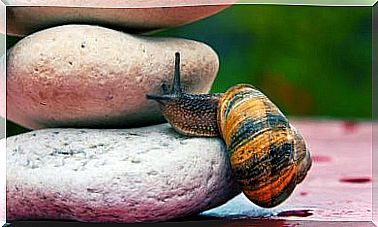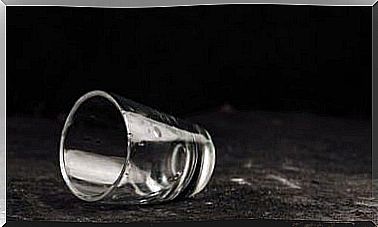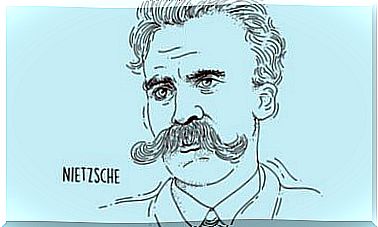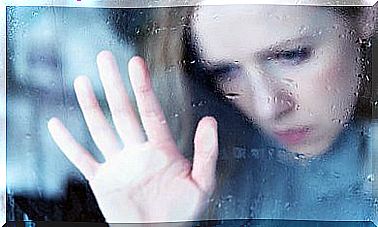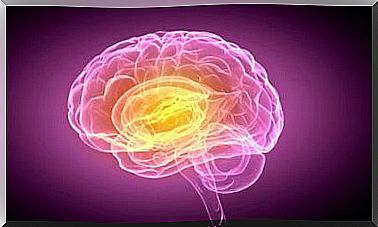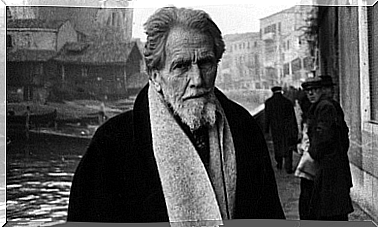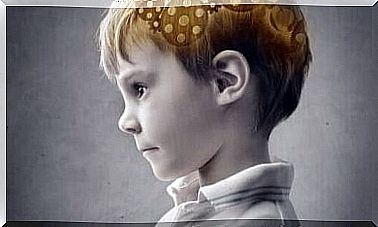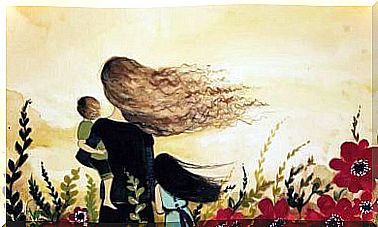Patria, The Series: Can You Live A Lifetime With A Grudge?
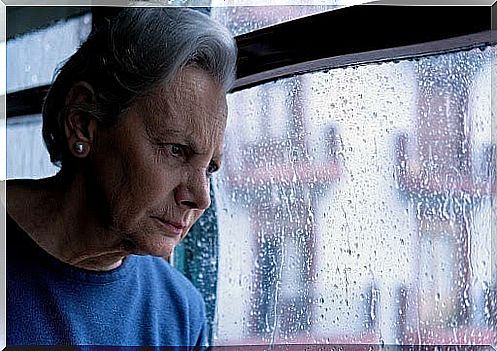
Patria is an adaptation to the small screen of the homonymous novel by Fernando Aramburu. The adaptation has been carried out by the scriptwriter and executive producer Aitor Gabilondo. After the screening of the eight-part series at the San Sebastián film festival, we can now see it on HBO.
The series tells the drama of two families in a context very marked by ETA terrorism. A terrorist gang, actually a mafia, that murdered 853 people with the intention of putting pressure on the government and imposing its independence will.
However, what is valuable about Patria is that it moves away from political analysis to give way to human reflection through artistic expression. It does not intend to exonerate, compare or relativize the role of both sides in the story. It simply conveys the feelings of those who supported the terrorists and those who were persecuted, threatened and killed by them.
Patria, the series: it’s not what counts, but how it tells
For 40 years, the terrorist gang ETA, through violence, tried to be and seize power as an interlocutor of the feelings of the Basque Country. In many cases, civil society was the victim of their attacks, their blackmails and their threats.
Faced with this position, the State did not always withstand the pressure. There were groups, such as the so-called (GAL), sponsored by the state, which also killed and tortured ETA militants or those suspected of being one. A way of trying to end them that, in many environments, only justified or made supporters of the terrorist gang .
After declaring a permanent ceasefire in 2011, ETA began handing over weapons in 2017, before completely dissolving in May 2018. What it did not do was apologize, nor did its favorable environment point out many of the murderers who are still following today. Walking the streets.
Two women, two ideologies
Patria tells the story, over three decades, of two Basque families destroyed by the armed conflict. The announcement, in 2011, that ETA was dissolved, prompted his widow Bittori (Lena Irureta) to return to her hometown from San Sebastián, where she was forced to flee as a result of the murder of her husband, Txato (José Ramón Soroiz ); a Basque transport businessman.
With his return, many wounds will open. There they meet Miren (Ane Gabarain) and her husband Joxian (Mikel Laskurain). Friendly families until ETA hit one of them . What you want Miren are answers, away from any ideological revenge. She just wants to know if Joxe Mari (Jon Olivares), the son of her former friend, was the material murderer of her husband. He knows that he is in jail, but he does not know what his true role in the crime was.
A history of past and present that does not show logic to live
As Patria advances, recedes and tells of the friendship between the two families, we understand that there are events that mark a before and after. The urgent need to position oneself by family, geographical or political mandates dynamites the strongest emotional ties.
Returning on numerous occasions to the death of Txato and reproducing the sequence from different perspectives, the series accurately details the effects of extortion and the signaling of ETA on social relationships and the fear, which I do not respect, that it was capable of generating.
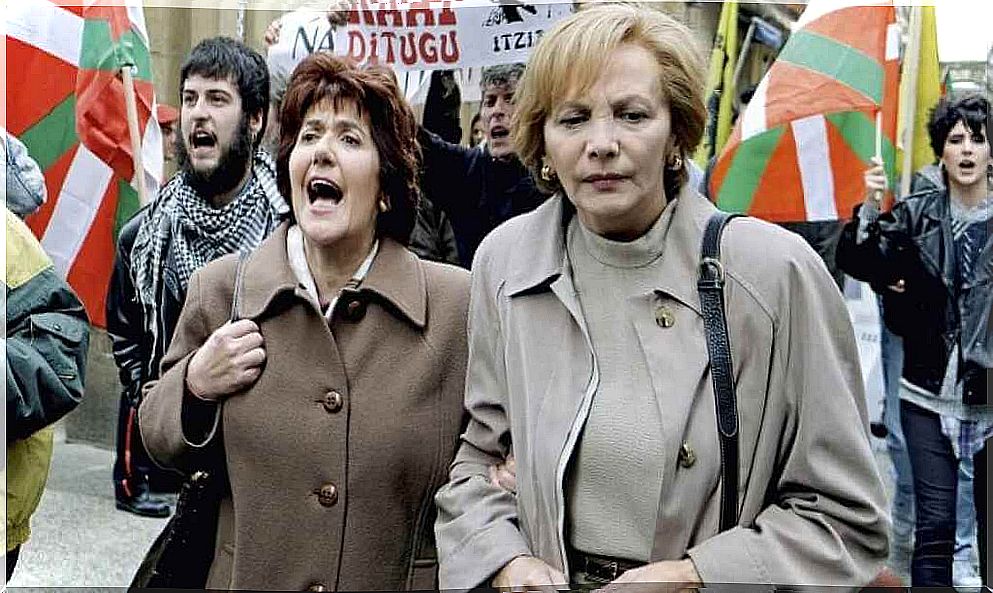
Homeland, the series: when resentment prevails, nothing progresses
The series shows us how all families are emotionally devastated. As the fact that ETA has lowered its arms has not made many stop thinking that assassination was the only way to try to submit the provisions of the legitimate State. On the other hand, as we have said, the series tries above all to give a vision of the tragedy as a whole.
Without exonerating the murderers, he explains the transition of a young Abertzale who considers entering the band as a kind of adventure with his friend, to enter a progressive personal hell. The story of the series is sometimes so equidistant that at times it seems – and for many it is – too generous with those who killed with a shot in the neck, children or after days of kidnapping.
Gabilondo takes the viewer into a small community and shows what it is like to live under threat and how a lifelong friendship between families can turn into hatred. Political ideology has engulfed both parties and appears to dehumanize relationships.
In Homeland there is no place for superficiality in ideas and emotions
Especially heartbreaking is the role of Miren, a mother who more than understanding towards her son, only seems to spread resentment. As the antithesis, there is his daughter Arantxa (Loreto Mauleon) who, with a brave vision, shows that what is truly revolutionary and transgressive is humanity towards others and continue to awaken good feelings, even when life hits you incessantly. Arantxa is the loophole through which hope creeps into Homeland .
A series that is less about what we believed and more about what we are, bits of stories determined by a context that can sometimes bring out the worst in us. It also makes us wonder: how many were able to embrace or support terrorism? How can an ideology blind us so much to kill, threaten, kidnap or try to subdue the other? Why today we do not know the identity of the murderers who have yet to be identified and have we heard at least one “I’m sorry” from the executioners?
